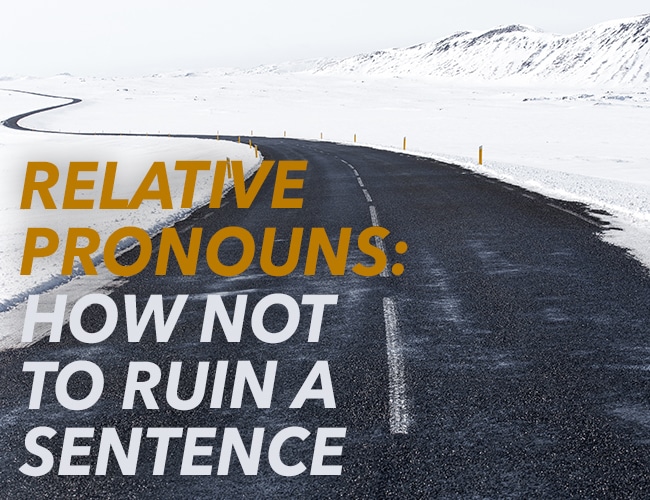
by Liz Bureman |
Oh, relative pronouns. You crazy, crazy kids. You can cause so much frustration with your misplaced thats, whos, and whichs. Let’s have a chat and sort you all out, shall we?
Let’s say you’re telling a story about Weston, a neurologist with a bionic elbow. When do you use which relative pronoun?

by Liz Bureman |
We’re tackling one of the less obvious grammatical foibles today. Did you know that there is a difference between lay and lie? Because there is! Let’s explore.
Other than the definition of “to tell an untruth,” lay and lie are often used interchangeably. But lay is a transitive verb, meaning it requires a subject and one or more objects. Lie, on the other hand, is an intransitive verb, which means that it doesn’t need an object.
So if you wanted to say that you (the subject) lay on the floor (the object) in the fetal position all day yesterday, that’s correct. If you said that you lay in said position all day regularly, that would be wrong.
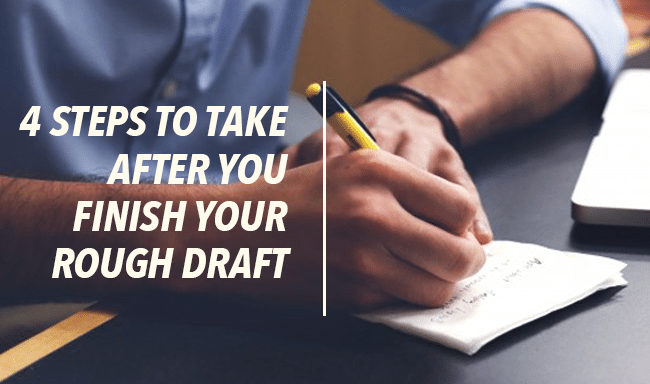
by Emily Wenstrom |
First off, if you’ve recently completed a rough draft (via NaNoWriMo or otherwise), congratulations. Really. A big, whooping, stand-up, slow-clap congrats.
Writing a book’s rough draft is a big feat. But then it’s time to get down to business again, because rough drafts are called “rough” for a reason.
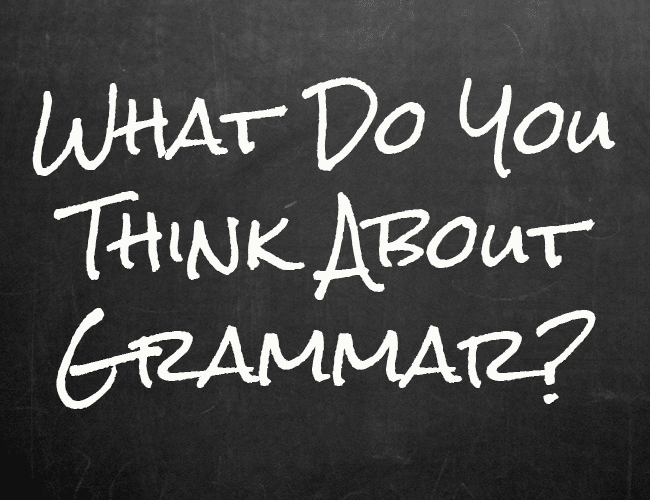
by Liz Bureman |
Grammar is one of those funny things that everyone needs to know but that not everyone agrees on.
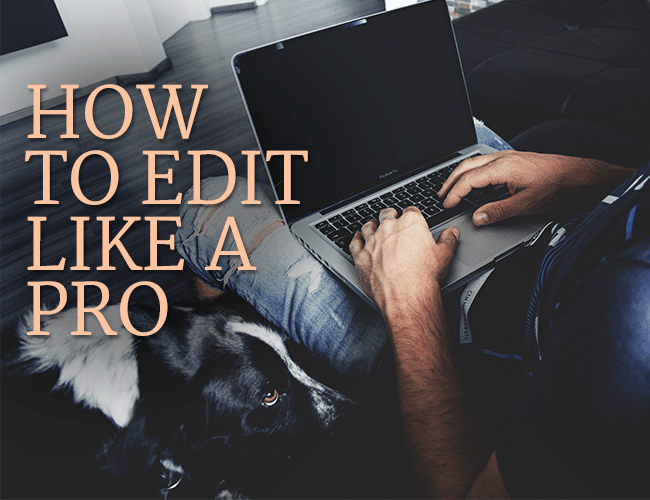
by Ruthanne Reid |
Ah, the dreaded “e” word! Are you ready to learn how to edit your book as well as you possibly can? Hold on tight. This is one of those things that seems so simple, yet can be incredibly difficult to actually accomplish.
I promise it’s worth the effort. If you learn to self-edit, your work will shine like the top of the Chrysler building (i.e. very shiny).
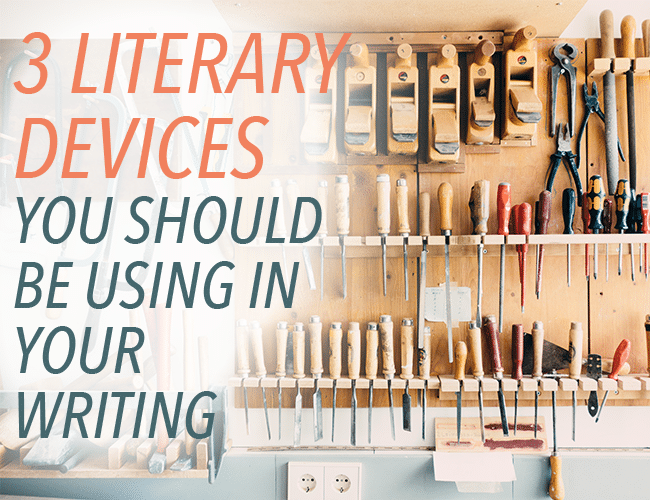
by Emily Wenstrom |
Literary devices can be great tools in your writer’s arsenal to help you illustrate your stories and points in a way that invites engagement and reflection.
And yet what’s the difference between a simile and a metaphor? Metaphor and personification? How much of that English 101 class can you really remember?





